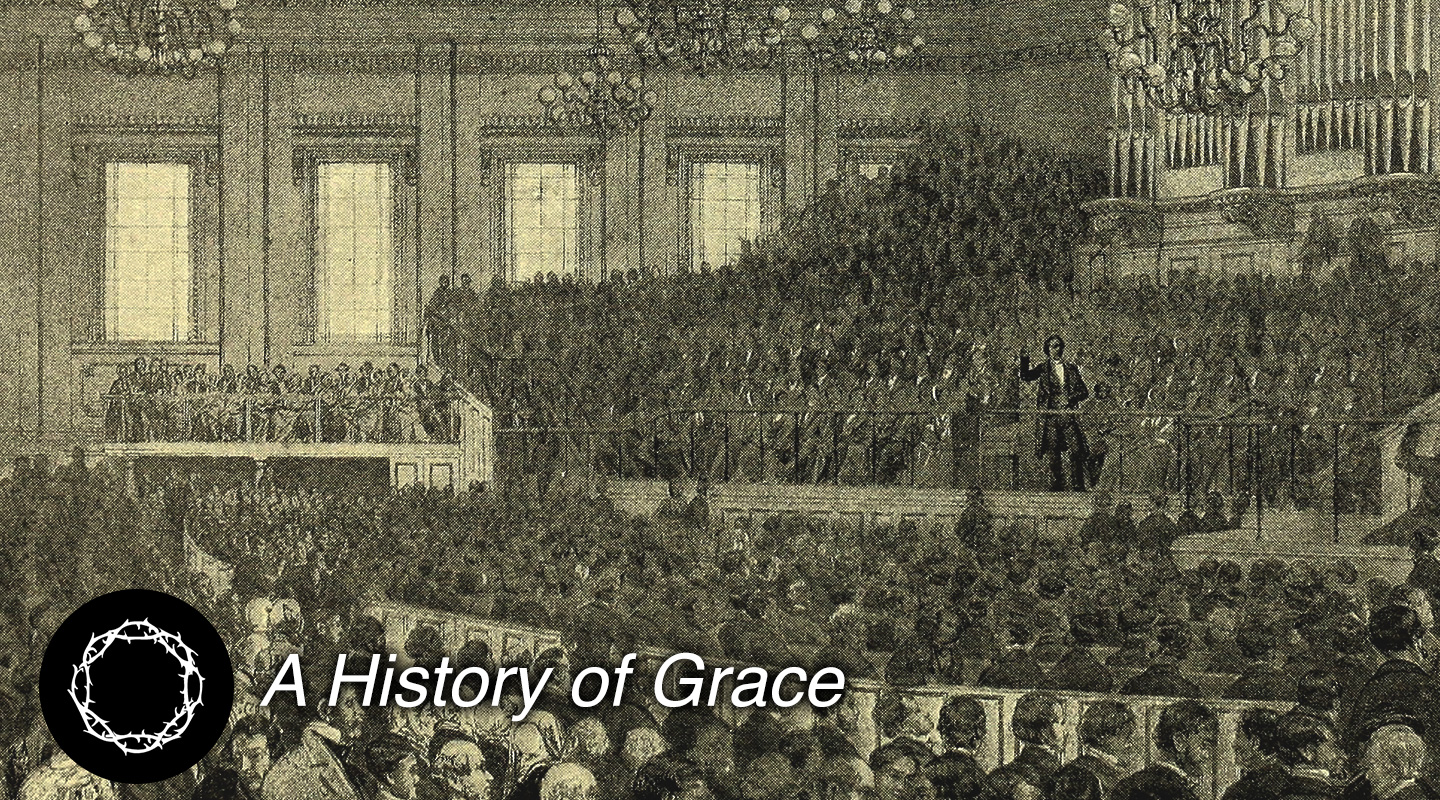A History of Grace: Charles Spurgeon
AUGUST 27, 2019
“Come in, O strong and deep love of Jesus, like the sea at the flood in spring tides, cover all my powers, drown all my sins, wash out all my cares, lift up my earth-bound soul, and float it right up to my Lord's feet, and there let me lie, a poor broken shell, washed up by his love, having no virtue or value; and only venturing to whisper to him that if he will put his ear to me, he will hear within my heart faint echoes of the vast waves of his own love which have brought me where it is my delight to lie, even at his feet forever.” (Charles Spurgeon, Morning and Evening)
The Shell
What is it to be arrested by the love of Jesus?
It is to be a shell so small in an Ocean so vast, to experience death and emptiness, to be covered and drowned and washed out.
It is to be tossed about in the often unpredictable rhythm of the Incomprehensible Sea, to sometimes find a still place for a little while and then to be tossed about again.
It is to learn to let – to let the Ocean form and move and fill and guide, to let it wash away the dead parts, to let it replace them with a constant stream of Living Water.
It is to be surprised one day to realize that the Terrible Sea was always kind, maybe most especially when it seemed Terrible.
And in the end? Where does the love of Jesus lead in the end?
It leads to His feet.
It leads to rest.
It leads to faint echoes of His own Love.
And those echoes of that kind of Love from that kind of shell – those echoes are almost as incomprehensible as the Sea Itself.
“Come in, O strong and deep love of Jesus…”
Charles Spurgeon was a preacher in England in the 1800s. Often called “the prince of preachers,” he preached many good, true, and beautiful sermons, and wrote about Scripture with the eloquence of a poet.
A History of Grace is a brand new Key Life series that pairs selections from classic theological works with insightful commentary from your favorite Key Life writers.

 Search
Search

